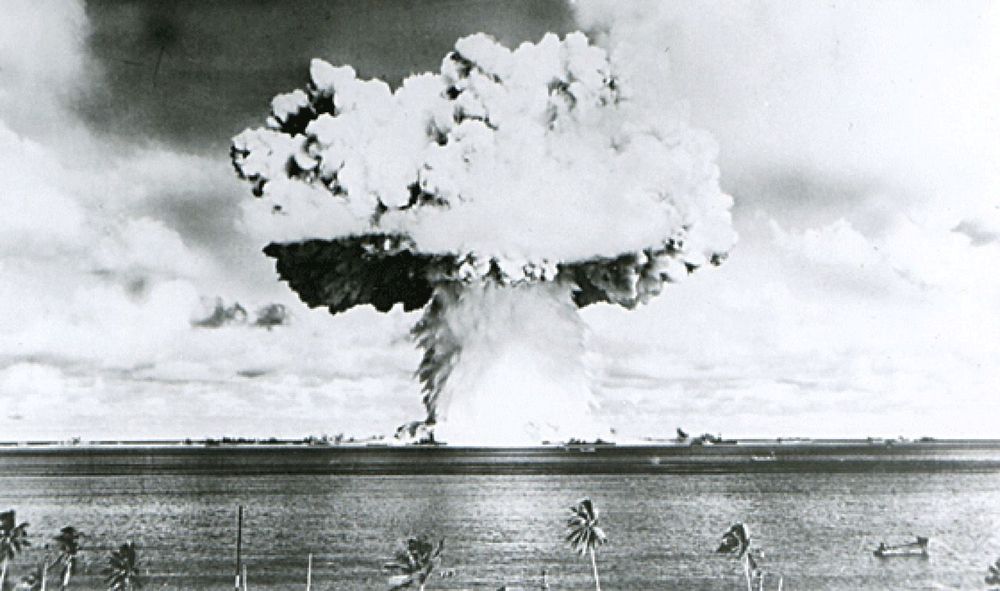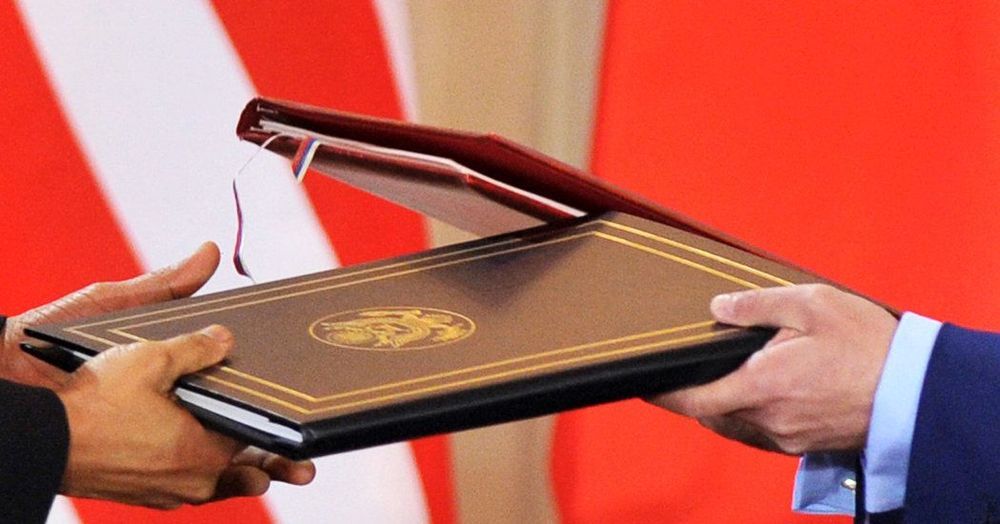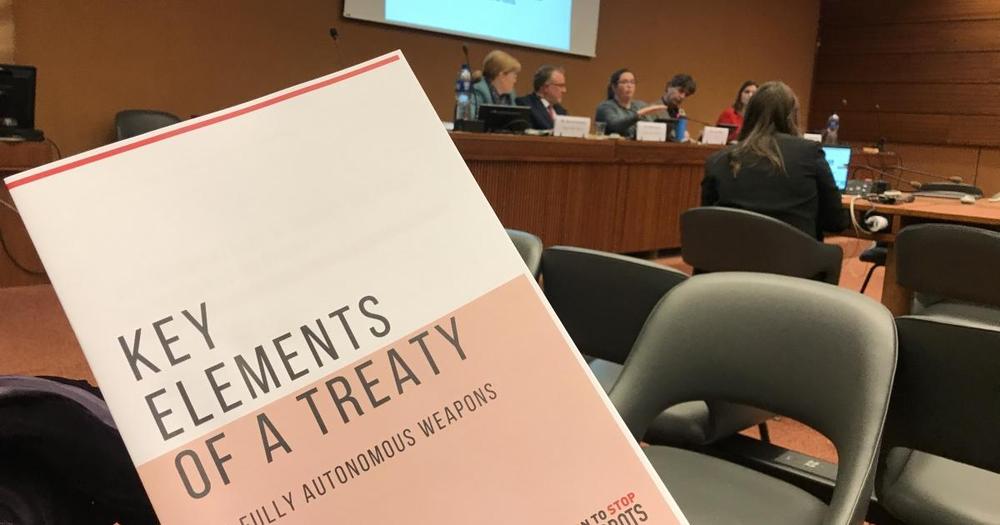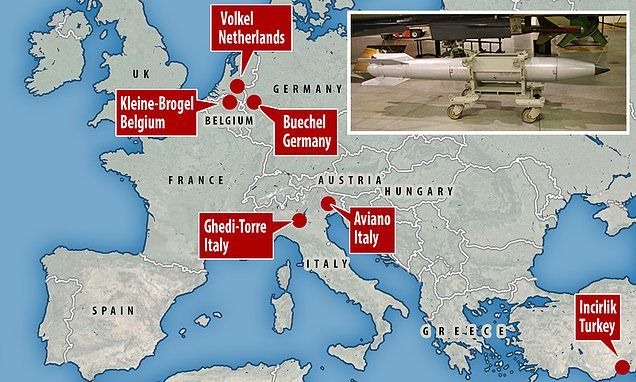Pleased to have been the guest on this most recent episode of Javier Ideami’s Beyond podcast. We discuss everything from #spaceexploration to #astrobiology!
In this episode, we travel from Ferdinand Magellan’s voyage to the first mission to Mars with Bruce Dorminey. Bruce is a science journalist and author who primarily covers aerospace, astronomy and astrophysics. He is a regular contributor to Astronomy magazine and since 2012, he has written a regular tech column for Forbes magazine. He is also a correspondent for Renewable Energy World. Writer of “Distant Wanderers: The Search for Planets Beyond the Solar System”, he was a 1998 winner in the Royal Aeronautical Society’s Aerospace Journalist of the Year Awards (AJOYA) as well as a founding team member of the NASA Astrobiology Institute’s Science Communication Focus Group.
EPISODE LINKS:
Bruce web: https://www.forbes.com/sites/brucedorminey/#47e297264d03
Distant Wanderers Book: https://www.amazon.es/Distant-Wanderers-Search-Planets-Beyond/dp/1441928723
Renewable Energy World: https://www.renewableenergyworld.com/author/bruce-dorminey/#gref
Bruce’s Twitter: https://twitter.com/bdorminey
INFO:
Podcast website: https://volandino.com
Spotify: https://open.spotify.com/show/3O74ctu6Hv5zZdHYT9Ox3Z
Apple Podcasts: https://podcasts.apple.com/us/podcast/beyond/id1509949724
RSS: https://volandino.com/feed/podcast
Full episodes playlist:
OUTLINE:







